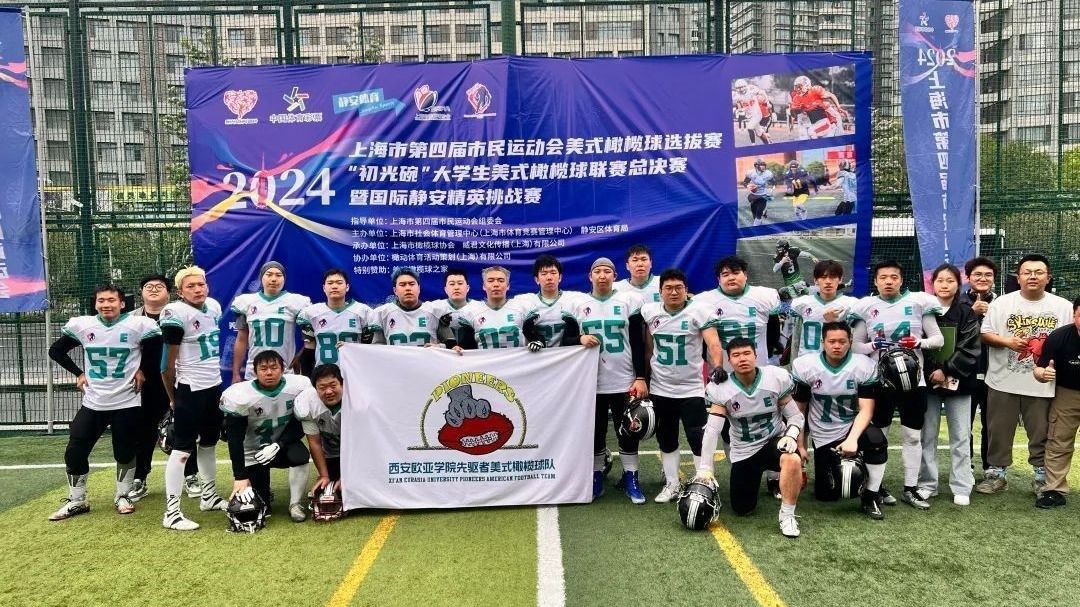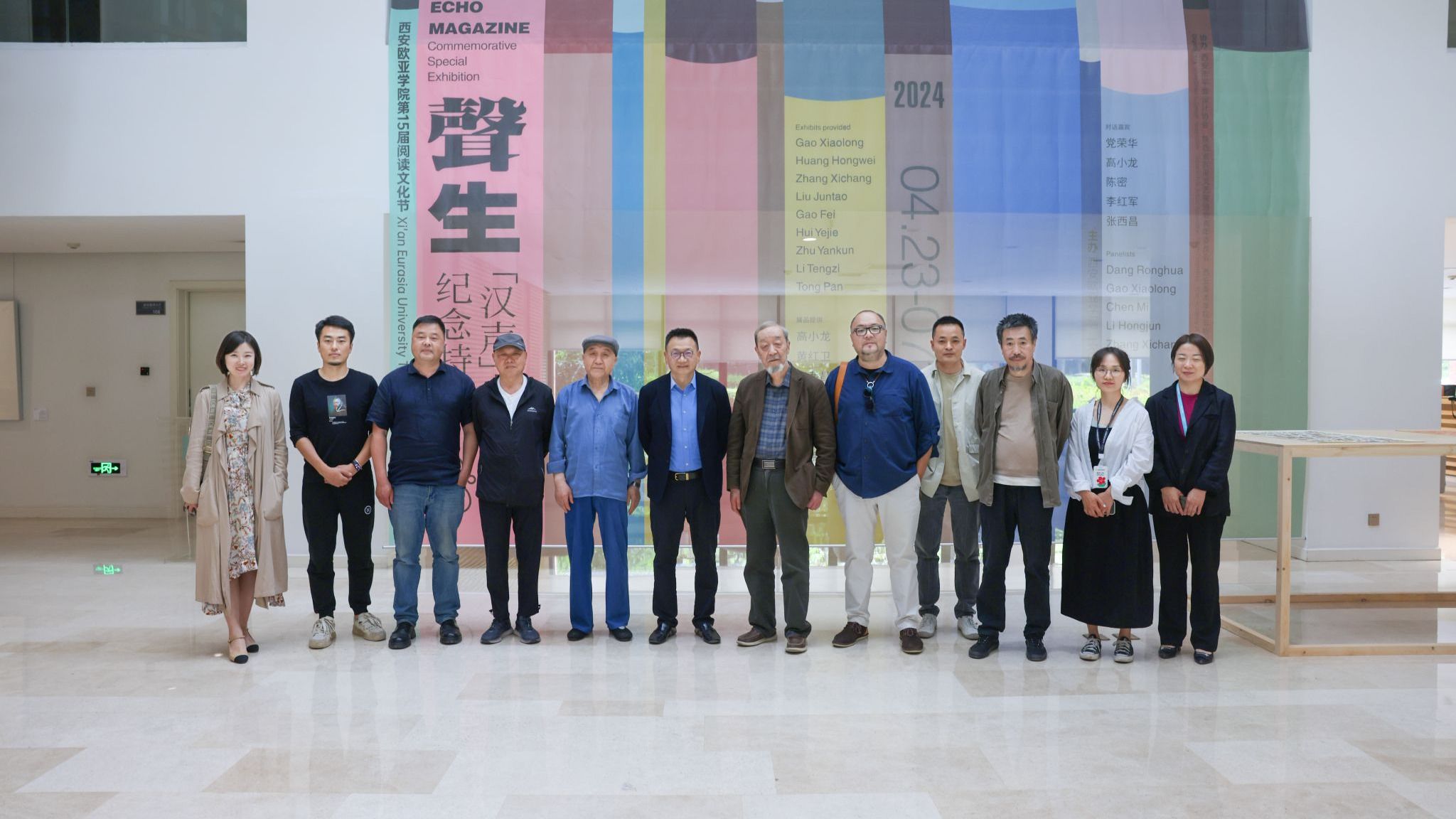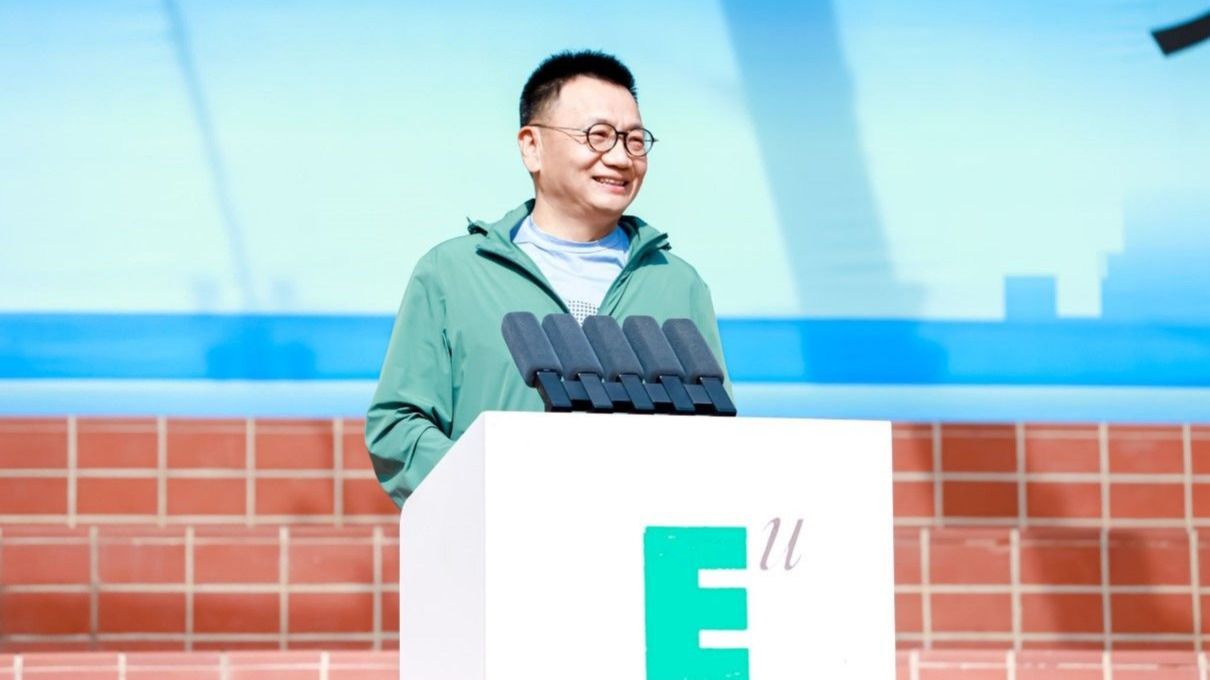At the end of August 2020, the Group Standards for Intelligent Finance prepared by the Intelligent Finance Branch of China Electronics Enterprises Association were released on the national public service platform for standards information. Xi'an Eurasia University became the only private university participating in the preparation of the Group Standards.
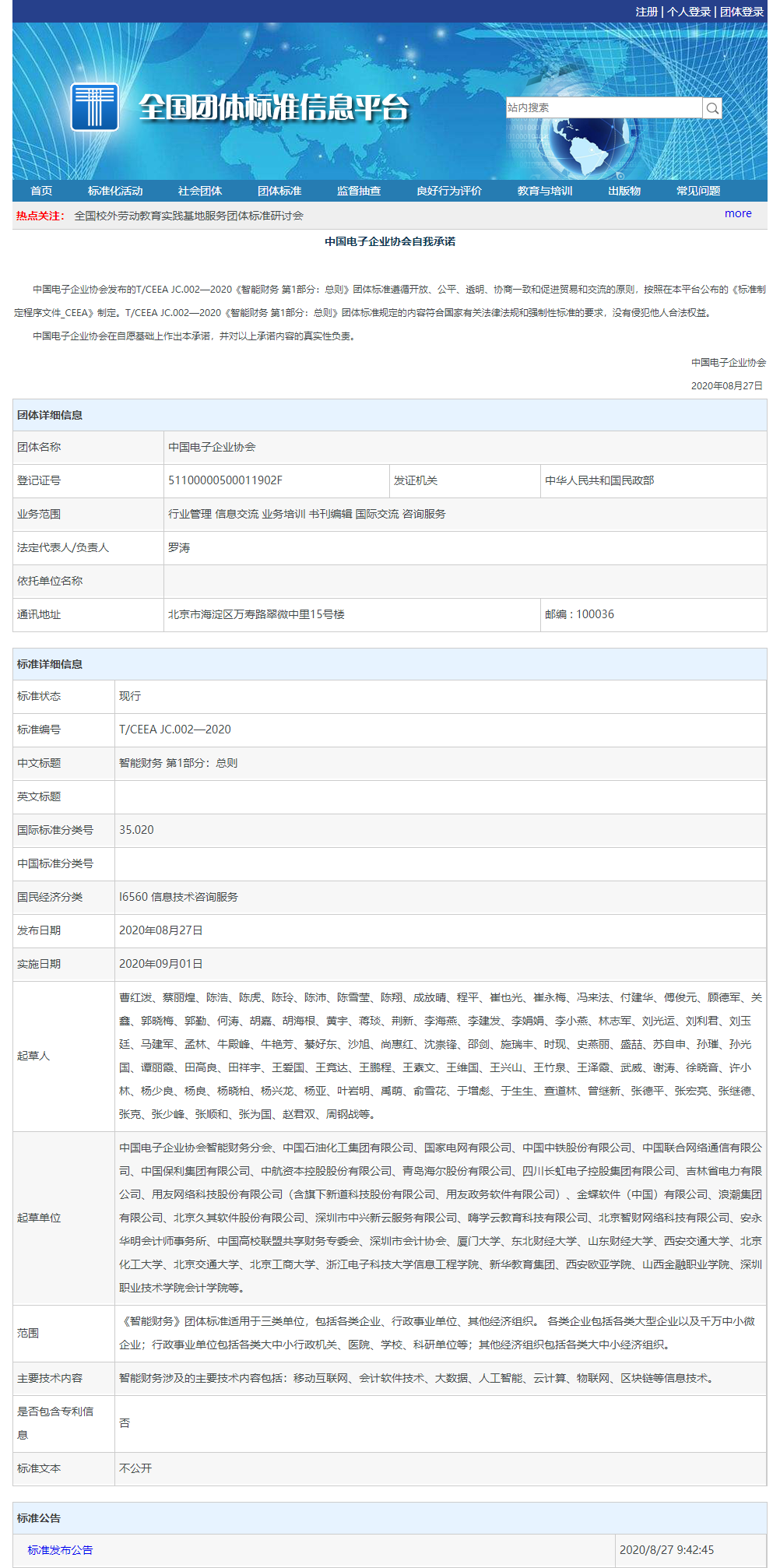
Intelligent finance shows the direction of financial reform in the digital economic era. It depends on the application of emerging technologies in the financial field, including big data, artificial intelligence, mobile internet, cloud computing, Internet of Things, and blockchain. Regulating the construction, operation, talent training, and assessment of intelligent finance and establishing group standards for intelligent finance is of great significance to boosting the construction and development of intelligent finance and cultivating the cognition of talent.
The drafting and preparation of the Group Standards for Intelligent Finance lasted for one year. It mainly includes relevant conceptual terms and definitions of intelligent finance; construction of large institution sharing platforms and intelligent finance sharing platforms, and operation specification and description of intelligent finance sharing platforms; talent training, assessment definition, and description of intelligent finance; the outline of assessment for intelligent finance talent training. The chapter of "Intelligent Finance Talent Training and Assessment" was jointly completed by Xie Tao, Executive Dean of the Eurasia School of Accounting, and the intelligent finance team.
Other drafting units included universities and colleges like Xiamen University, Xi'an Jiaotong University, Shanghai University of Finance and Economics, Dongbei University of Finance & Economics, Beijing Technology and Business University, and Shandong University of Finance and Economics, large group companies like Sinopec Group, State Grid, China Unicom, Poly Group, Haier Group, and Changhong, and accounting firms and information platform enterprises like Ernst & Young Hua Ming, Zhongxing Xinyun, Inspur, Kingdee, and yonyou.
By virtue of fruitful results and high reputation gained by the Eurasia School of Accounting in research on financial informatization and intelligent finance in recent years, Xi'an Eurasia University was invited to participate in the preparation of the Group Standards for Intelligent Finance.
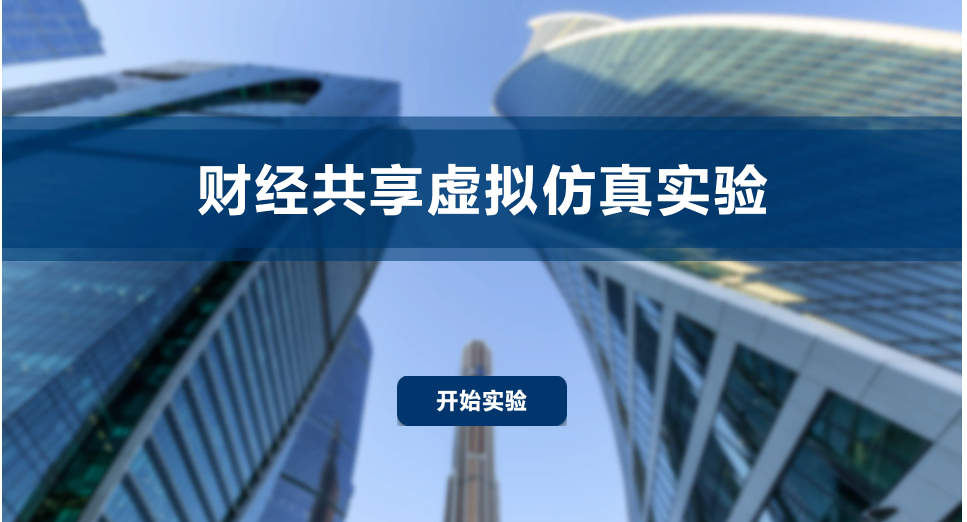
Financial-sharing virtual simulation experiment independently based on such technologies as animation, problem presupposition, and man-machine interaction

Independently designed and developed multi-case and multi-platform financial-sharing comprehensive training As the first private higher learning institution to offer such courses, the Eurasia School of Accounting insists on the construction of professional and differentiated disciplines. Centering around curriculum system construction, teaching design, and quality assessment, as well as the extension of the relevant financial-sharing theories, the School has established a system of intelligent finance series courses. On this basis, the intelligent financial team of the School independently developed the financial-sharing electronic sand table, which has no space and time limitations of the physical sand table. In 2019, the financial-sharing electronic sand table technology got the patent and was approved as the municipal financial-sharing virtual simulation experimental project, making the online and offline teaching of accounting training courses more logically related.
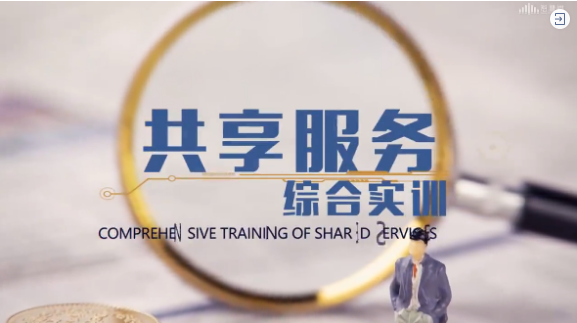
The "Comprehensive Training of Shared Services" Online Course of Wisdom Tree In addition, the team members uploaded the "comprehensive training of shared services" online course to the Wisdom Tree. Based on the training course, the relevant financial-sharing theories, strategic-planning theories, information system support, and operation management were extended in depth and breadth.
Also, through self-construction, Eurasia School of Accounting has been highly affirmed by the academic community and the relevant industries in terms of informationized education of accounting, and the School has been rated as the national outstanding higher learning institution for the pilot of educational informationization.
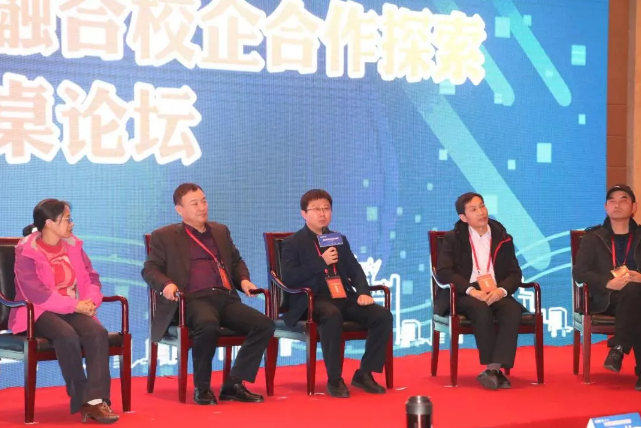
At the annual meeting of the Innovation & Entrepreneurship Education Alliance of China (IEEAC) at the end of 2018, experts and scholars from Eurasia School of Accounting had a round-table discussion with those from such colleges and universities as Xiamen University, Dongbei University of Finance & Economics, and Southwestern University of Finance and Economics and shared the School's experience and practices in intelligent financial teaching. In 2019, Eurasia School of Accounting was invited to the Seminar on Intelligent Financial Sharing and the Development of Big Data in Accounting held at Xi'an Jiaotong University and delivered a keynote speech on "Thinking and Exploration in the Reform of the Applied Education of Accounting".
Over the past three years, Luo Yanni, Zheng Juan, and Wu Yongchao, members of the intelligent financial teaching team, have been invited to Hebei Normal University, Shandong University of Finance and Economics, Shanghai Lixin University of Accounting and Finance, Harbin University of Commerce, and many other universities to conduct the faculty training for financial sharing courses, and the training effect has been recognized by the teachers participating in the training. The team also undertook the project of "Study and Practice Tour of Accounting Pacesetters in Higher Vocational Colleges in Shaanxi Province" of Xianyang Normal University. The top-level design, the concept of discipline construction, curriculum reconstruction, practical teaching system, and teacher transformation and development of Eurasia School of Accounting are highly affirmed by society and peer competitors.
In 2020, Eurasia School of Accounting, with emerging technologies, will follow the tendency of informatization promoting digital transformation and overall development to further strengthen its in-depth cooperation with first-class enterprises, keep reform and innovation in the connotations of major construction, curriculum content, teaching modes, and discipline integration, and continuously improve the quality of talent cultivation and the efficiency of economic development in service areas, in order to gain higher recognition of students, employer enterprises, peer competitors, and the government.



